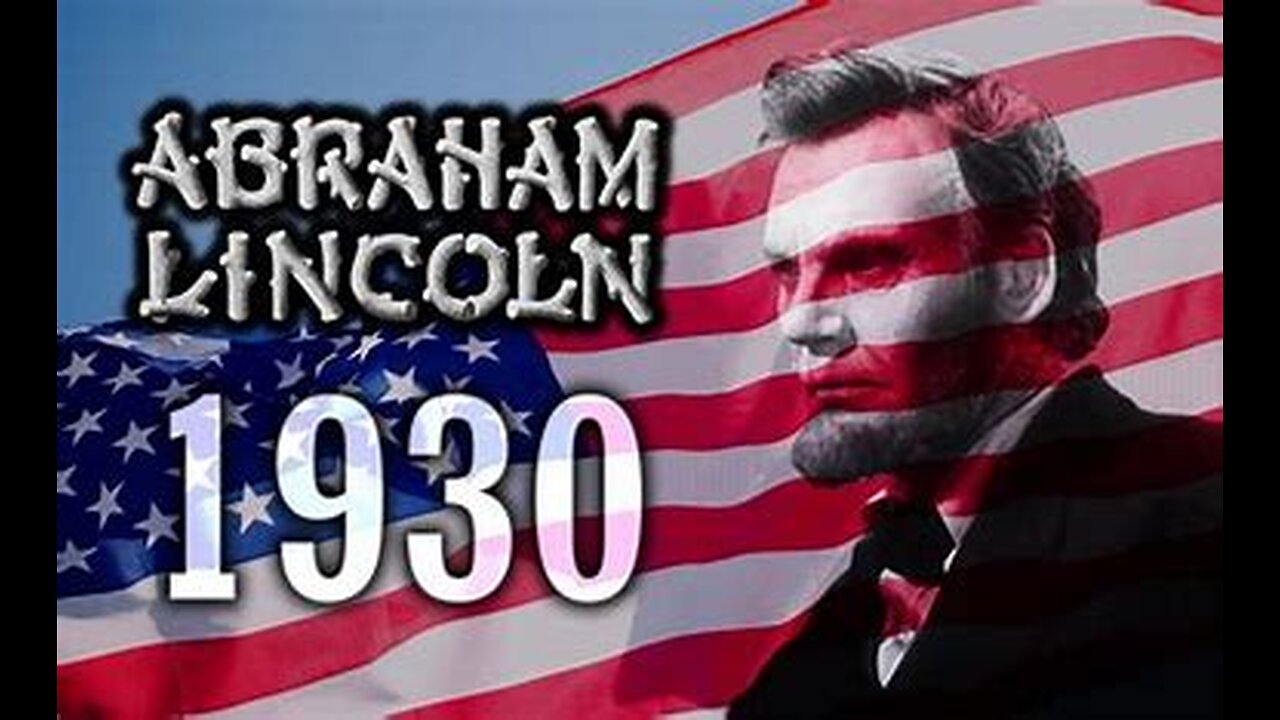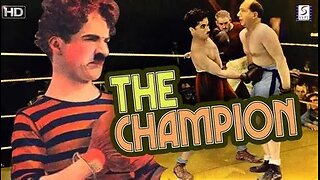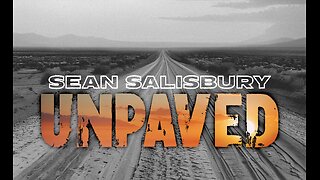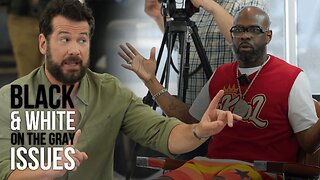Premium Only Content

Abraham Lincoln (Biographical Drama, Historical, 1930)
Abraham Lincoln is a biographical film that chronicles the life of the 16th President of the United States, Abraham Lincoln. Directed by D.W. Griffith, the film traces Lincoln's journey from his humble beginnings in a log cabin in Kentucky to his rise as a lawyer, his political career, and his presidency during the American Civil War. The narrative highlights key moments such as his romance with Ann Rutledge, his marriage to Mary Todd, his leadership during the Civil War, and his tragic assassination at Ford’s Theatre in 1865. The film blends historical events with dramatic embellishments, focusing on Lincoln’s moral character, his fight against slavery, and his role in preserving the Union. It’s a reverent, early sound-era portrayal of Lincoln as a larger-than-life American icon.
Cast:
Walter Huston as Abraham Lincoln: Huston delivers a dignified and heartfelt performance, capturing Lincoln’s folksy wisdom and gravitas.
Una Merkel as Ann Rutledge: Merkel portrays Lincoln’s early love interest with tenderness.
Kay Hammond as Mary Todd Lincoln: Hammond depicts Mary Todd as a supportive yet complex figure.
William L. Thorne as Tom Lincoln: Plays Lincoln’s father in the early scenes.
Hobart Bosworth as General Robert E. Lee: Appears in scenes depicting the Civil War.
Oscar Apfel as Secretary of War Edwin Stanton: Portrays a key figure in Lincoln’s cabinet.
Fun Facts:
D.W. Griffith’s First Sound Film: Abraham Lincoln marked the legendary silent film director’s transition to “talkies.” Griffith, known for The Birth of a Nation (1915), struggled with the new technology, and this was one of his final major films.
Early “Talkie” Challenges: The film was made during the early years of sound cinema, and its dialogue and sound quality reflect the limitations of the era, with some scenes feeling stilted compared to modern standards.
Historical Liberties: The film takes creative liberties, particularly with the portrayal of Ann Rutledge as Lincoln’s great love, a romanticized notion that historians debate. It also simplifies complex historical events for dramatic effect.
Walter Huston’s Breakthrough: Huston’s portrayal of Lincoln was a career-defining role, establishing him as a leading actor in Hollywood. He later became known for films like The Treasure of the Sierra Madre (1948).
Griffith’s Lincoln Obsession: Griffith had a fascination with Lincoln, viewing him as a symbol of American unity. This film was his attempt to pay tribute to the president during a time of national division in the early 20th century.
The film is a fascinating artifact of early sound cinema and a heartfelt, if somewhat dated, tribute to Abraham Lincoln.
-
 30:50
30:50
Silver Screen Echoes
2 months agoThe Champion - Charlie Chaplin (Silent Comedy, 1915)
641 -
 1:06:00
1:06:00
vivafrei
3 hours agoTrump Secures Cease-Fire? Canada Goes Full Woke Commie Tard! Psychos is Cali AND MORE!
76.3K45 -
 1:35:26
1:35:26
The Quartering
3 hours agoTrump For Nobel Peace Prize? Lefty Shocks Dog, Thomas Massie, Woke Superbowl!
86.9K116 -
 LIVE
LIVE
LFA TV
17 hours agoLIVE & BREAKING NEWS! | THURSDAY 10/9/25
1,347 watching -
 13:51
13:51
Chrissy Clark
4 hours agoIs It Too Soon For “Another Charlie Kirk”?
2362 -
 LIVE
LIVE
StoneMountain64
5 hours agoBF6 Full Release Gameplay Review - I have been playing EARLY
284 watching -
 30:30
30:30
The HotSeat
3 hours agoTrump "The Peacemaker", Unless You're Antifa!!!
5.05K13 -
 1:28:11
1:28:11
Sean Unpaved
5 hours agoSnap Counts & Showdowns: Hunter's Usage, CFB Fire, & Playoff Baseball Bonanza
86.2K3 -
 56:09
56:09
Steven Crowder
7 hours agoBlack Fatigue is Real and I Told Them Why | Black & White on the Gray Issues
365K1.53K -
 3:52
3:52
Michael Heaver
4 hours agoItaly Issues Bombshell Ban ALERT
11.5K19